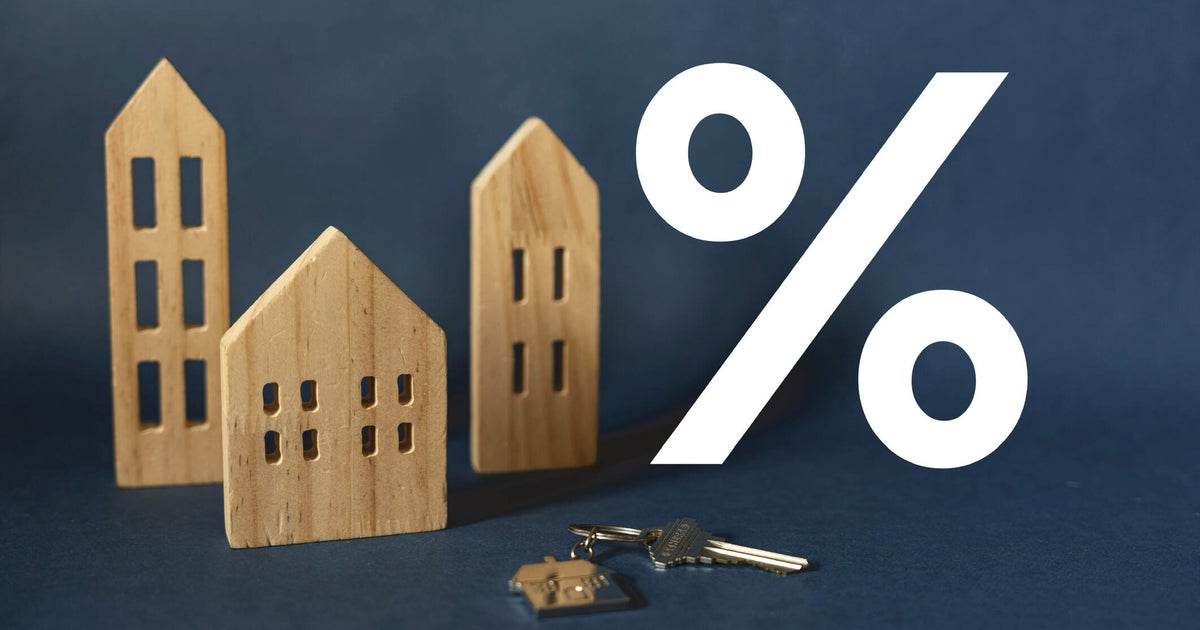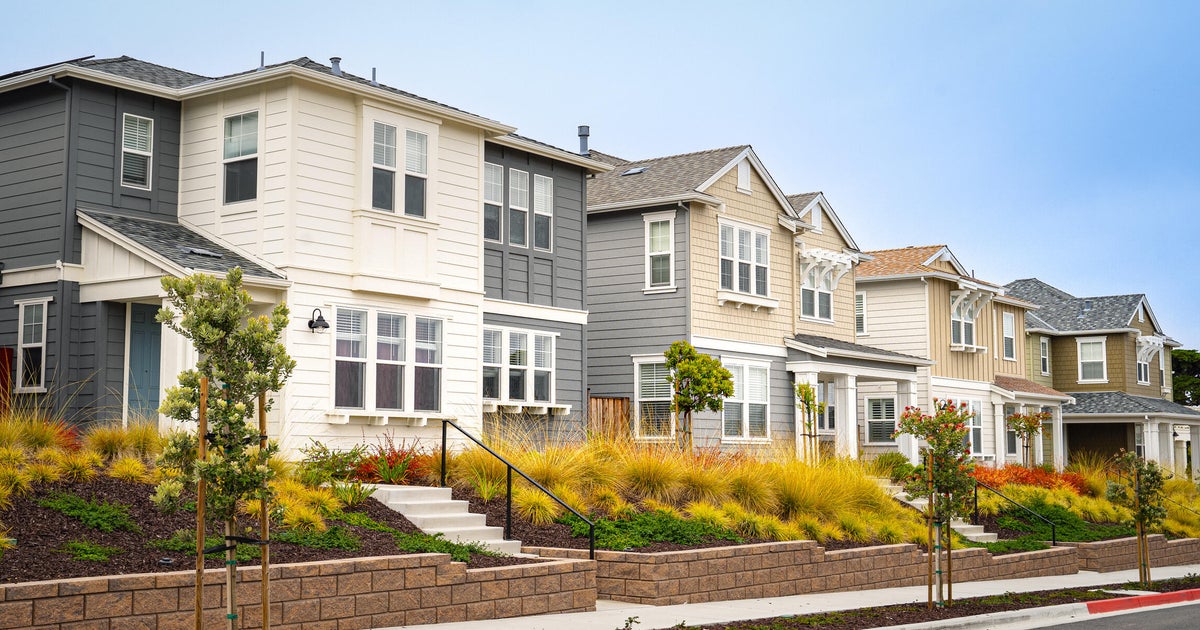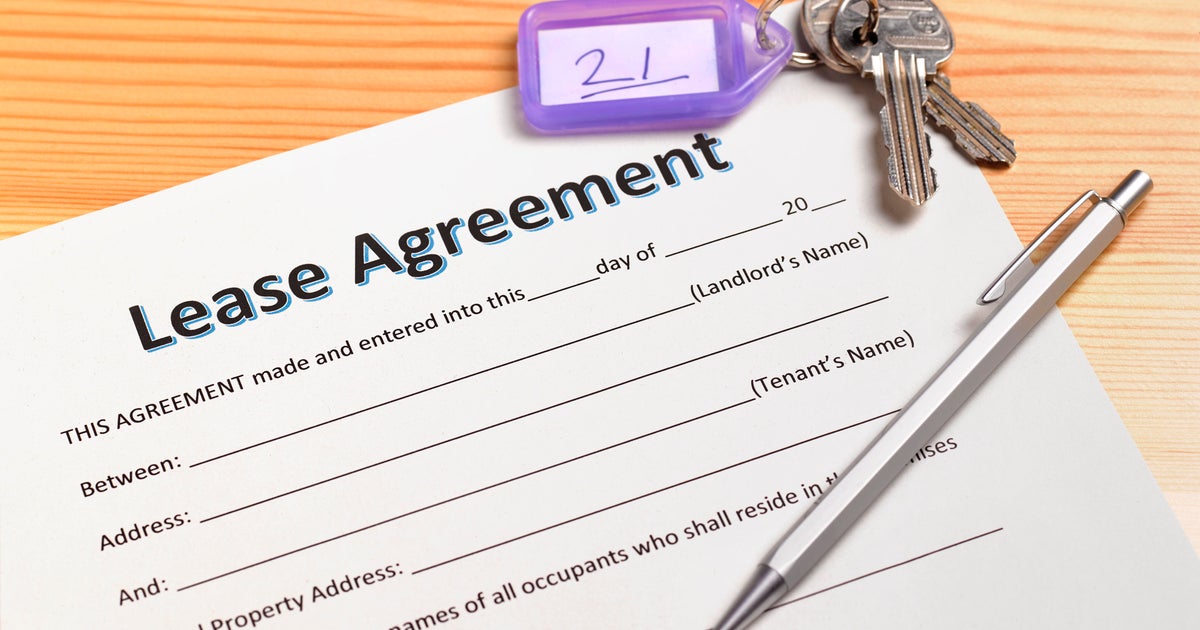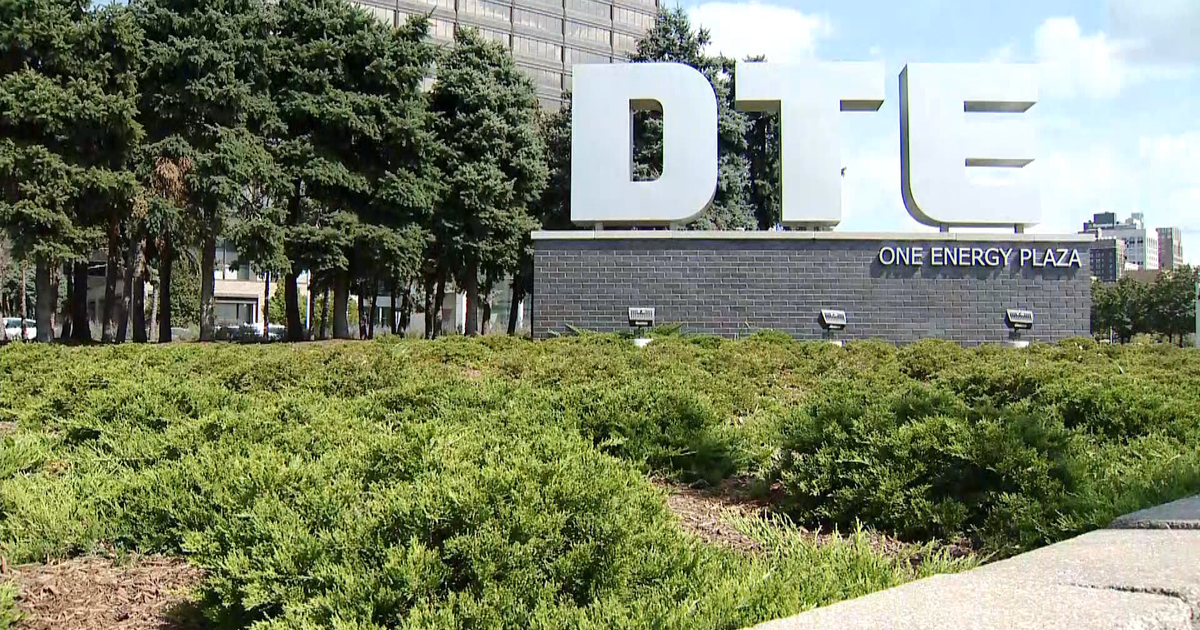Cars still difficult to afford as high demand, higher interest rates drive up prices
As the Federal Reserve considers raising interest rates Wednesday, the auto industry is keeping a close eye. For many Americans, owning a car is a necessity, but with high price tags fueled by strong demand and rising interest rates, it has become difficult for many to afford one.
Although prices have dipped slightly from historic levels, the average price of a new car is still close to $50,000. Used cars cost about $28,000 on average.
Additionally, high annual percentage rates, which can be as much as 11%, are helping make monthly payments skyrocket.
According to the car shopping website Edmunds, the average monthly payment for a new vehicle is $731. For a used one, it's $551. This marks an increase of up to 32% from pre-pandemic levels.
Adam Lee, the owner of 16 car dealerships in Maine, said the average price of a car at his dealerships is about $50,000. He said business has been especially good the past three years, but senses a change.
"We're still seeing very strong demand, but ... you can feel it — that it's slowing down," Lee said.
One in six people who recently financed a new car committed to monthly payments of $1,000 or more, which is the highest on record, according to Edmunds.
Lee said that if interest rates keep increasing, it could result in a lockup of the industry.
"Most dealers borrow money to pay for their cars. And at some point, that will start to have an impact. If rates keep going up and people can't buy cars, it means we won't order more cars," he said.
While inventory has improved recently, production of new vehicles has favored higher-priced models with lots of amenities.
Demetrius Thrasher, who depends on his vehicle for food deliveries outside Atlanta, had to purchase a new car for about $25,000 more than he initially planned. His previous car was totaled in a crash last summer, and he found out that his options for a new car were limited.
"I called around to the other dealerships and throughout the state of Georgia, and they were like, 'We got nothing,'" Thrasher said.
He now pays around $1,000 per month for his car and has had to defer payments twice.
This is becoming more common. According to data from Cox Automotive, delinquencies for auto loans that are 60 days or more past due have increased by 20.4% compared to last year.
According to Jessica Caldwell, who analyzes auto transactions for Edmunds, consumers are facing a "double whammy" as both car prices and interest rates are high. But she said automakers are offering incentives for shoppers, which could help those struggling to find an affordable option.
Caldwell suggests looking for auto loans that offer favorable interest rates and terms, and also keeping in mind the trade-in value of a car in the long run.
"If you do go to trade in your vehicle and you overpaid, chances are you could be in a situation where there's a big difference between what your vehicle is worth and how much you have to pay off on your loan. And that's where it becomes scary," she said.







